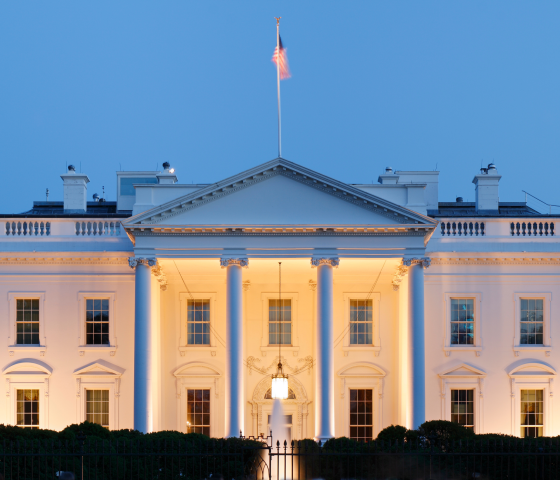COGR provides an analysis of Executive Order 14104, which aims to strengthen domestic manufacturing and job creation through the commercialization of federally...
Other Intellectual Property & Innovation
This section covers additional topics and emerging issues related to managing, protecting, and advancing innovations within the research enterprise.

Featured
COGR & AAU Submit Joint Comments in Response to Unlocking the Full Potential of Intellectual Property by Translating More Innovation to the Marketplace (Docket No. PTO-C-2024-004)
COGR and AAU, representing leading U.S. research universities, submitted comments to USPTO Director Kathi Vidal expressing agreement with AUTM’s positions and...
Exploring University-Industry Collaborations at a Pivotal Moment: A Historical Insight and Potential Future Directions: June 2025 COGR Meeting
This document discusses the evolving landscape of university-industry collaborations, emphasizing the need for modernization and increased impact in light of...
Resources
All Other Intellectual Property & Innovation Articles
Tech Transfer Tutorial V3
This document provides a detailed overview of technology transfer practices in U.S. colleges and universities, emphasizing the role of research institutions in advancing economic development through the formal commercialization of intellectual property. It explains the foundational legal, policy, and operational frameworks—particularly the Bayh-Dole Act—that enable universities to patent and licen
COGR Submits Joint Comments with AUTM and Bayh-Dole Coalition to DOE on Exceptional Circumstances Determination
The letter addresses concerns from the Bayh-Dole Coalition and allied organizations regarding the U.S. Department of Energy’s (DOE) recent “determination of exceptional circumstances” (DEC), which aims to promote domestic development of DOE-funded inventions. While the coalition appreciates the DOE's efforts to prevent the off-shoring of strategically important technologies, it raises signifi
COGR’s Releases Paper on “Foreign Influence—Practical Considerations in Developing an Institutional Response”
This document outlines the increasing federal scrutiny on inappropriate foreign influence in U.S. academic research and offers practical considerations for institutions to develop effective research security responses. Triggered by concerns such as undisclosed foreign funding, participation in foreign government talent programs, and intellectual property theft—especially with a focus on China—U.S.
Material Transfer in Academia: 20 Questions and Answers (2021 Update)
The document provides a comprehensive overview of material transfer agreements (MTAs) in academic research, emphasizing their critical role in regulating the exchange of research materials—especially in the life sciences—and addressing complex issues such as ownership rights, academic freedom, liability, and compliance with legal and ethical standards. It outlines common challenges faced by resear
COGR Joins Multi Association Comment Letter on the National Strategy for Expanding American Innovation (Docket #PTO-P-2020-0057)
The document presents joint comments from four major academic and research organizations regarding the USPTO’s National Strategy for Expanding American Innovation. The associations express strong support for the strategy and the principles shared by their peer organizations. They emphasize the importance of rigor, excellence, equity, and inclusivity in federally funded research, and highlight ongo
Research Security and Intellectual Property Hot Topics: October 2020 Meeting
The document is a comprehensive overview of key issues on research security and intellectual property management discussed during a panel convened by the Council on Governmental Relations (COGR) on October 22, 2020, featuring experts from leading research universities. The panelists addressed emerging federal rules and legislative changes affecting academic research, technology transfer, and unive
Questions for Section 101 Roundtable Participants
The document presents the views of the Association of American Universities (AAU), Association of Public and Land-grant Universities (APLU), and Council on Governmental Relations (COGR) regarding potential reforms to Section 101 of U.S. patent law. These organizations emphasize the critical role of a predictable and well-defined patent system for effective university technology transfer and innova



